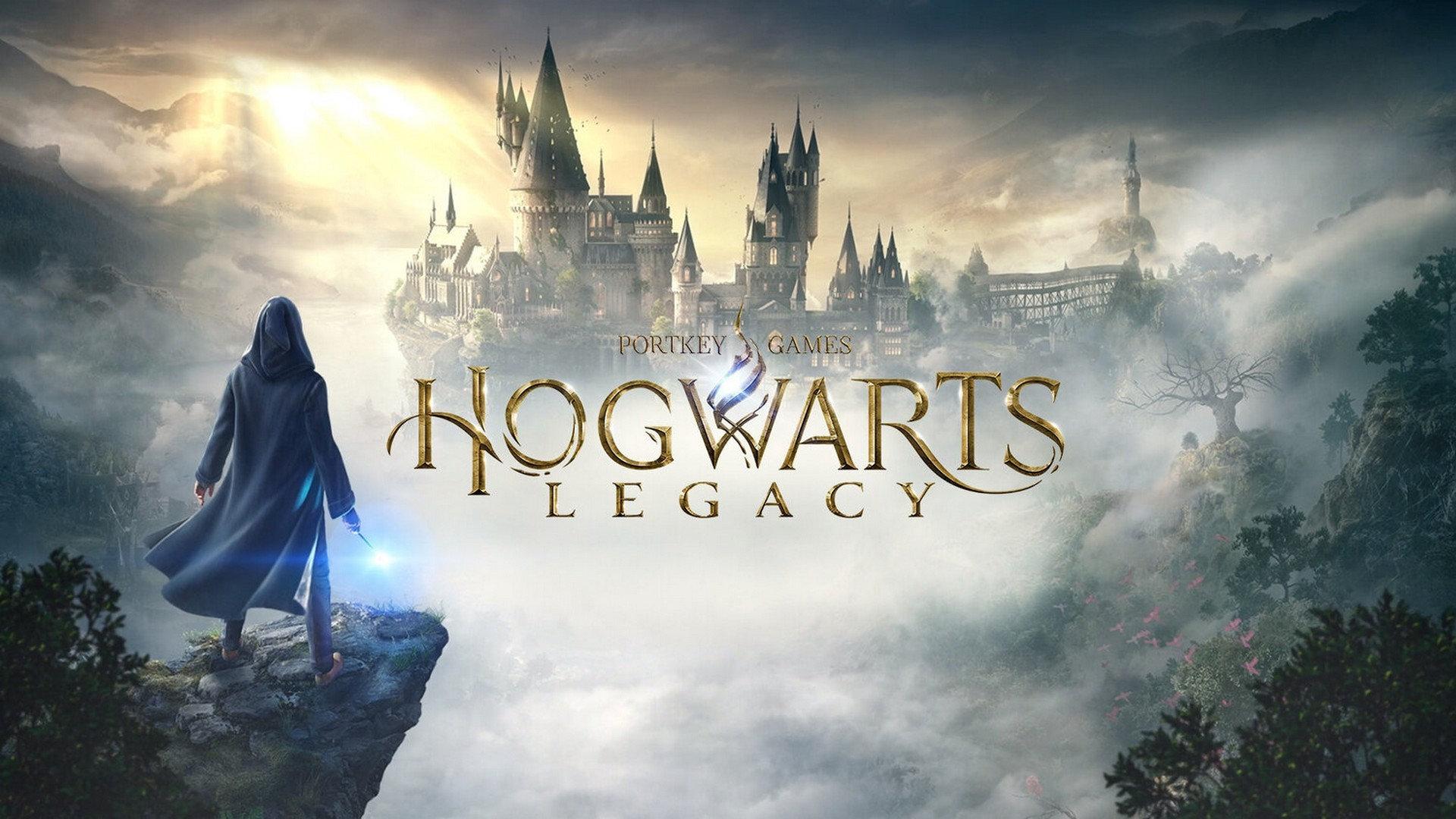When God of War (2018) first thundered onto the PlayStation 4, its impact was seismic. The narrative reinvention of Kratos, the shift to a intimate, Nordic setting, and the revolutionary single-take camera were rightly lauded as masterstrokes. Yet, woven into the very fabric of this experience was an element that demanded, and received, almost universal acclaim: the musical score by Bear McCreary. In 2018, it was celebrated as a monumental achievement. Six years later, in the landscape of 2024, its stature has not diminished; it has evolved. A reassessment reveals it to be not just a brilliant accompaniment to a game, but a standalone work of art that has fundamentally influenced the very craft of video game composition.
The genius of McCreary’s score lay in its conceptual and thematic audacity. He didn’t merely compose "music for a Viking game"; he engineered a sonic universe with a clear, powerful thesis. The central dichotomy—the icy, percussive aggression of the Norse world contrasted with the warm, haunting melancholy of Kratos’s Spartan past—wasn’t just an artistic choice; it was the story itself, told in sound. This is where the score’s longevity is rooted. Unlike more generic fantasy soundtracks that aim for ephemeral epicness, McCreary’s work is built on a foundation of deep, narrative-specific ideas that continue to resonate because they are about character, not just setting.
The most iconic element, the theme for Kratos and Atreus, built around a haunting seven-beat rhythm and a melancholic melody from the Nordic nyckelharpa, remains a masterclass in leitmotif. Its power in 2024 is even more apparent as we’ve seen it mature alongside the characters. In 2018, we heard its tentative, fragile iterations during the early boat journeys, a musical representation of a fractured bond slowly healing. Now, with the benefit of God of War Ragnarök, we have heard this theme be tested, fractured, and ultimately triumphant. Revisiting the 2018 score allows us to hear the origin of this musical DNA, appreciating the raw, nascent potential of a theme that would come to carry even greater emotional weight. It’s a theme that doesn’t feel "completed" in the first game; it feels alive, with a destiny of its own.
Furthermore, the score’s approach to cultural authenticity has set a new, enduring standard. McCreary’s commitment to using period-accurate instruments and working with language experts to create lyrics in Old Norse for the choral pieces was groundbreaking. Tracks like "Memories of Mother" with its ethereal female choir, or the terrifying "Varði þik faðir" chanted by the undead Draugr, are not just atmospheric; they are archaeologically sound. In 2024, as players and critics increasingly value cultural respect and authenticity in game worlds, McCreary’s methodology feels more vital than ever. It moved beyond pastiche to create a score that feels genuinely of its world, a benchmark that many subsequent major releases have striven to meet.

The technical execution also holds up spectacularly well. The sheer physicality of the recording, most famously the 100-strong "Viking" choir of voice actors and developers pounding on shields in a parking lot, gives the music a tangible, organic weight that purely synthetic orchestration often lacks. In an era where AI-generated music and sample libraries are becoming frighteningly advanced, the human effort, the imperfections, and the collective passion captured in those sessions are more valuable than ever. You can feel the effort in "The Dragon," and you can feel the sorrow in "The Summit." This commitment to real performance ensures the audio has a texture and depth that avoids sounding dated, unlike some early fully digital scores from the previous console generation.
However, a true reassessment must also acknowledge the one area where time has slightly altered the experience: the combat music. While tracks like "Countervail" and "Valkyries" are brutally effective, the game’s dynamic music system, which layers intensity based on player action, can occasionally feel less seamless today. Compared to the hyper-responsive, incredibly complex systems in games like Doom Eternal (Mick Gordon’s score being another landmark) or even the more nuanced environmental scoring in titles like Horizon Forbidden West, some transitions in God of War can feel a tad abrupt upon replay. This is less a criticism of the music itself and more a reflection of how rapidly video game audio technology and design have advanced. It remains highly effective, but the seams are slightly more visible six years on.
Ultimately, the 2018 God of War score transcends its role as a companion. It is a narrative pillar. It tells the story that the visuals and dialogue cannot: the story of Kratos’s internal struggle, the ghost of Greece haunting the snow of Midgard, and the fragile hope of a new beginning with his son. Its legacy in 2024 is clear. It demonstrated that a video game score could be both monstrously epic and intimately personal. It proved that cultural research and authenticity are not constraints but catalysts for creativity. It raised the bar for what interactive music could achieve, not just through technical complexity, but through profound emotional and intellectual depth.
Bear McCreary didn’t just write music for a game; he composed a saga. And like the best Norse myths, its power hasn’t faded with time—it has been cemented.














